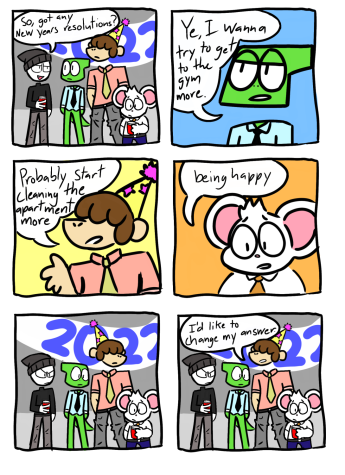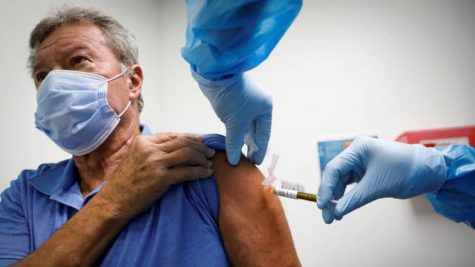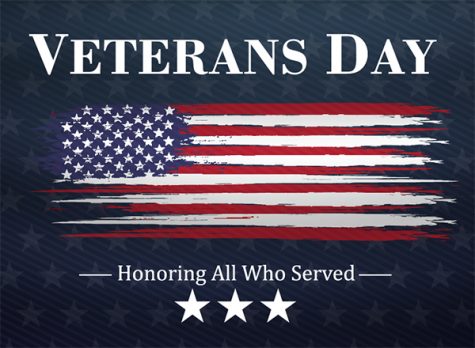Mental Health Crisis Among Veterans- How You Can Help
December 19, 2019
As Veterans Day quickly approached us this year, news updates filled our feed, once again reminding us of the burden many of our U.S. troops face. The number of veterans that are dealing with a form of mental illness have peaked in recent years as more than 10% of soldiers currently qualifies for a diagnosis of two or more mental illnesses. In fact, more than 6,000 veterans commit suicide each year, translating to a total of seventeen per day. The increased pressure to provide ready access to treatment for post traumatic stress disorder (PTSD), schizophrenia, bipolar disorder, depression, and other illnesses veterans are dealing with has caused a mass creation of aid projects within a brief amount of time.
Discussed on the ABC News channel on November 11th, veteran Dre Popow launched Veterans Rebuilding Life in 2011 to help soldiers transition to civilian life after their service. In addition to Popow, many others have followed suit to help people who have graciously fought for their country. Even though these new programs are becoming available to them 24/7, veterans often have trouble opening up about their personal issues and refrain from admitting themselves to a program that would otherwise aid them in their recovery to a normal life.
The symptoms of post traumatic stress disorder (PTSD) often include not being able to express positive or loving feelings toward other people and not being able to remember parts of the traumatic event that caused their mental state, preventing them from being able to talk about it. In addition to this, veterans with PTSD often develop drug or alcohol problems, which may also serve as a factor in shortening their lifetime.
Some veterans, as well as being mentally unstable, are also dealing with physical disabilities. This often prevents them from making it to their doctor appointments and going other places that would be part of living a normal life.
Although the common folk have limited ways to prevent veterans illnesses from progressing, there are numerous ways to give back to those who have protected our country. In Northport, there is a DVA (Department of Veterans Affairs) center, where you can volunteer to help local veterans with running errands such as yardwork, housework, and grocery shopping. Not only will you significantly help your community, but you will receive hours of community service. On your own time, you can also write a letter to thank a veteran or pick up the tab for a veteran’s coffee or meal. It is vital that we increase our awareness of the struggles our troops face as well as what we can do to help so that we can all make the lives of veterans easier to manage when they return from service.
Photo from http://www.military.com





















